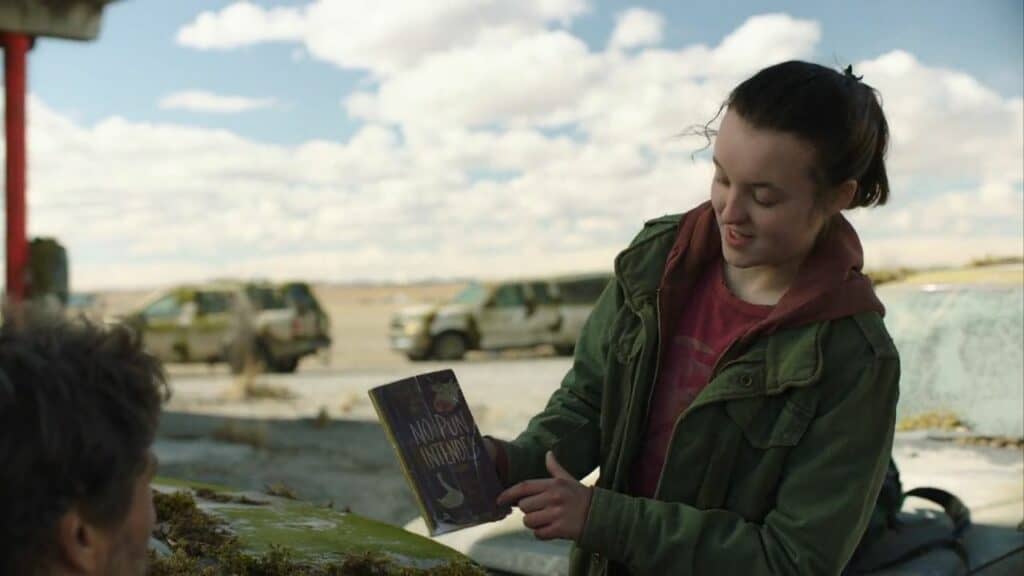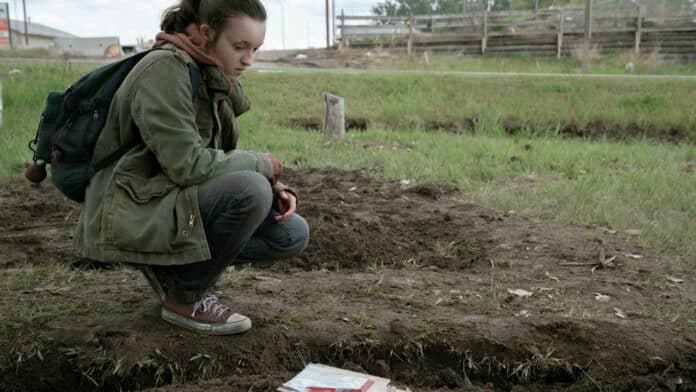In HBO’s The Last of Us, the post-apocalyptic setting delves into characters’ psychological struggles, unveiling the complexities of human nature amid adversity.
The HBO series The Last of Us, an adaptation of the critically acclaimed video game, immerses viewers in a post-apocalyptic world filled with danger, loss, and survival.
This article explores the psychological impact of such a world on its characters, examining how the harrowing circumstances influence their behaviors, decisions, and relationships.
Survival instincts in a hostile world
In the desolate landscape of The Last of Us, the primal instinct for survival becomes paramount. Characters are constantly faced with life-threatening situations, whether from the infected or other survivors.
This persistent state of danger triggers acute stress responses, often manifesting in heightened vigilance, anxiety, and aggressive behaviors.

Joel, for instance, embodies these survival instincts. His actions, including the use of violence and morally ambiguous decisions, are primarily driven by the need to survive and protect Ellie.
Grief and loss: A pervasive shadow
The theme of grief and loss is omnipresent in The Last of Us. Nearly every character has experienced profound loss, shaping their worldview and actions.
Joel’s loss of his daughter at the beginning of the outbreak is a defining moment, leading to his emotionally closed-off demeanor.
These experiences of loss lead to complex grief, where the processing of grief is complicated by the continuous traumatic environment.
The burden of isolation and loneliness
Isolation is another psychological impact of the post-apocalyptic world in The Last of Us. The breakdown of societal structures and the constant threat of danger lead to a life of seclusion and mistrust.
This isolation can exacerbate feelings of loneliness, despair, and paranoia. Characters often struggle with forging meaningful relationships, as seen in the tentative trust between Joel and Ellie initially.
The loneliness of this new world is palpable, underscoring the characters’ longing for connection and normalcy.
Adaptation and resilience amid despair
Despite the bleakness, The Last of Us also showcases the incredible resilience of its characters. Adaptation to the new normal is a key theme, highlighting the human capacity to endure and find hope in dire circumstances.
Ellie, in particular, represents this resilience. Her ability to find moments of joy and humor, even in the darkest times, is a testament to the enduring human spirit.

This resilience is not just about physical survival but also about maintaining a sense of self and hope in a world that seems devoid of it.
Trauma and its aftermath
The constant exposure to traumatic events in The Last of Us inevitably leads to psychological trauma. Characters exhibit signs of post-traumatic stress, including flashbacks, nightmares, and avoidance behaviors.
The series does not shy away from portraying the long-term effects of such trauma, providing a realistic depiction of how continuous exposure to danger and loss can impact mental health.
For instance, a poignant scene in the series is when Ellie confronts the aftermath of a violent encounter. After she is forced to take a life to defend herself and Joel, the show doesn’t just move on; it lingers on the psychological impact this event has on Ellie.
The Last of Us shows Ellie struggling with the weight of her actions, exhibiting signs of trauma.
In conclusion: A reflection of human psychology
The Last of Us offers a profound exploration of the psychological effects of living in a post-apocalyptic world.
Through its characters, the series portrays the complexities of the human psyche – the struggle for survival, the weight of grief and loss, the yearning for connection, and the resilience to overcome adversity.
This psychological depth adds a rich layer to the narrative, making The Last of Us a compelling portrayal of human endurance and the will to survive in the face of unimaginable challenges.
Also Read: The importance of secondary characters in The Last of Us

